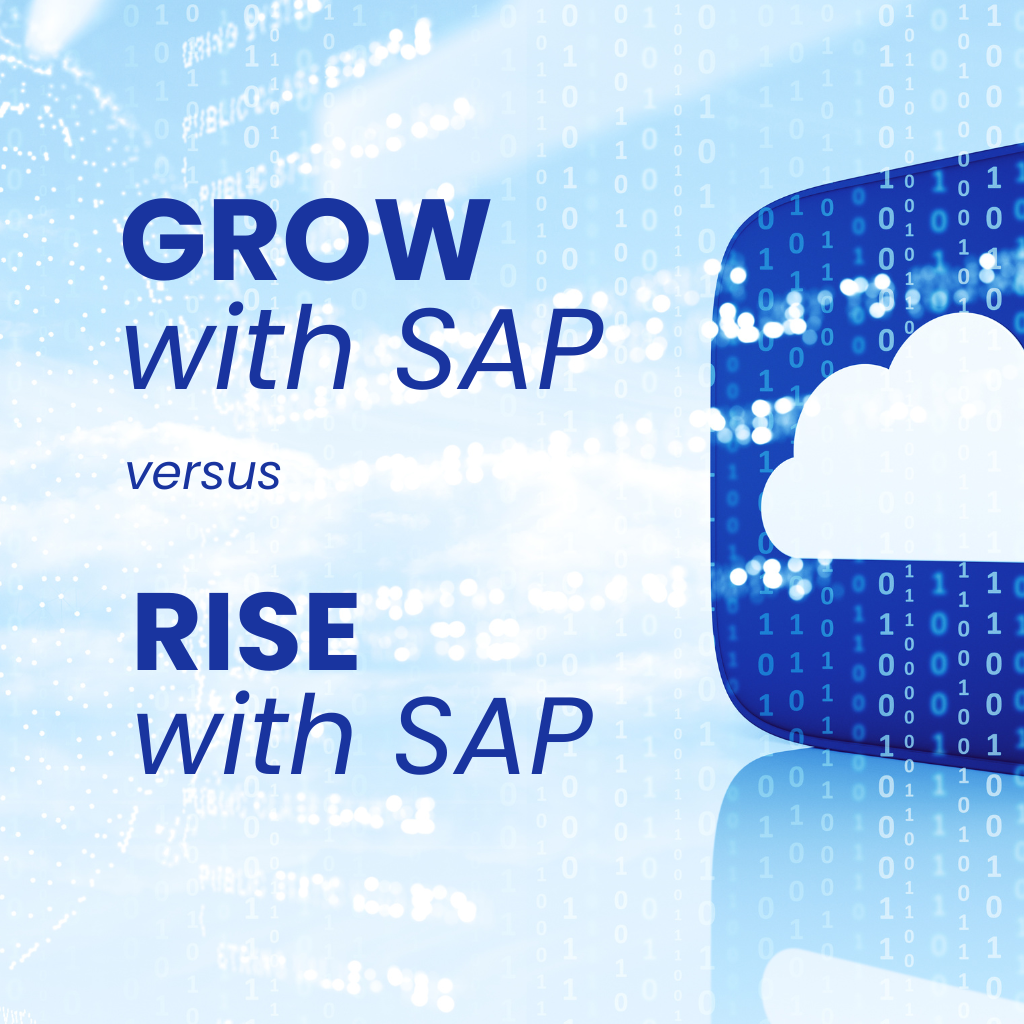Marketing Comunicación i3s
Choosing the best management system for a company is the key to advance in its digitalization and improve competitiveness.
In a context such as the present one, of accelerated transformation with the arrival of disruptive technologies such as AI, and of increasing complexity in business management given the instability in the international context, having an management system unified, scalable and efficient management system. is, to say the least, a critical need. Also for small or medium-sized companies seeking to consolidate their growth, optimize resources and improve their competitive capacity, beyond pursuing the globalization of their services or leadership in innovation.
Today, a management system can make the difference between performance and resilience or obsolescence of the business in the short term.
Management systems and integrated platforms
The SAP systems systems have become a global response to the organizational challenges outlined above.
Many companies, especially in sectors such as food, industry and logistics, have grown exponentially as they have needed to meet growing demand, and have incorporated different IT tools in a fragmented manner. This has resulted in poorly integrated ecosystems, with duplicated data, redundant processes and difficulties in generating a global vision of the business.
In this context, the choice of the management system whether it is an ERP, HCM, CRM…, becomes a strategic decision that must be led by top management, with the direct involvement of key areas such as Human Resources, Finance, Operations or Technology.
In fact, those who lead companies know that having these tools not only allows them to automate basic functions, which saves a great deal of time, effort and probability of error, but also provides a spur to many improvements: improving the customer experience, sales possibilities, cost or stock control, optimization of manufacturing processes or the possibility of making informed strategic decisions. The latter based on reliable data taken in real time and its detailed analysis through detailed reports, capable of probing into future opportunities and risks for the company.


Why is it urgent to have a management system capable of unifying the digital ecosystem?
The cost of partial digitization is high. Companies that operate with fragmented systems or manual processes lose agility, increase their operational risks and are limited in their ability to innovate. A well-structured digital ecosystem enables:
- Reduce operational errors and duplication of information.
- Make faster decisions based on reliable data.
- Improve employee and customer experience.
- Comply with regulations in a more efficient way (data protection, sustainability…).
- Scale operations without proportionally increasing structural costs.
- Attract qualified talent who want to enhance their technological skills.
Unify the management system is a measure aimed not only at efficiency, but also at the resilience and sustainability of the business in the medium and long term.
.


Steps for a successful selection of the management system
Choosing the management system requires certain key steps:
- Internal diagnosis. Analyze the current situation of the digital ecosystem, identify points of weakness (inefficiencies, bottlenecks, duplications…) and define the strategic objectives of the new system.
- Form a multidisciplinary team. Create a project committee with representatives from general management, HR, IT, operations and finance. The diversity of views will ensure better decision making.
- Evaluation of market solutions. Compare different vendors, functionalities, licensing models, hidden costs, support capabilities, industry benchmarks, etc.
- Pilot testing and validation of use cases. Request functional demos adapted to real company processes, to validate the usability and suitability of the system to the operational reality.
- Implementation planning and change management.
Define a clear roadmap, with stages for implementation, training, testing, data migration and end-user support.
In a constantly changing environment, a company’s competitiveness will depend, to a large extent, on its ability to adapt, innovate and operate efficiently. Choosing the the right management system is not only a technological decision, it is a strategic business and people decision capable of allowing to deepen all these transformation needs.
Integration of SAP management systems by i3s
At i3s we facilitate the integration of the SAP program within the company. Through innovative and effective technological solutions in management systems, we implement tools and products compatible with any operating environment. We thus contribute to the digitalization of large corporations and SMEs, improving their competitiveness and increasing their productivity ratio.
Our management software solutions are designed to centralize are designed to centralize and increase control of compliance within compliance within compliance within any company thanks to a high degree of automation, integration and customization.
Not surprisingly, i3s is a highly recommended option when contracting business management systems. This is due to its in-depth knowledge of the Spanish business world, its specialization in solutions adapted to SMEs and medium-sized companies, and its comprehensive approach.
We combine technology, consulting and strategic support. Our experience in implementing ERP, HCM and other key solutions allows our client organizations to unify processes, gain operational efficiency and successfully advance in their digital transformation.
Furthermore, at i3s we remain close to our customers with specialized technical support and an innate ability to customize solutions according to the particularities of each sector, which makes us a reliable technology partner.
Marketing and Communication i3s





